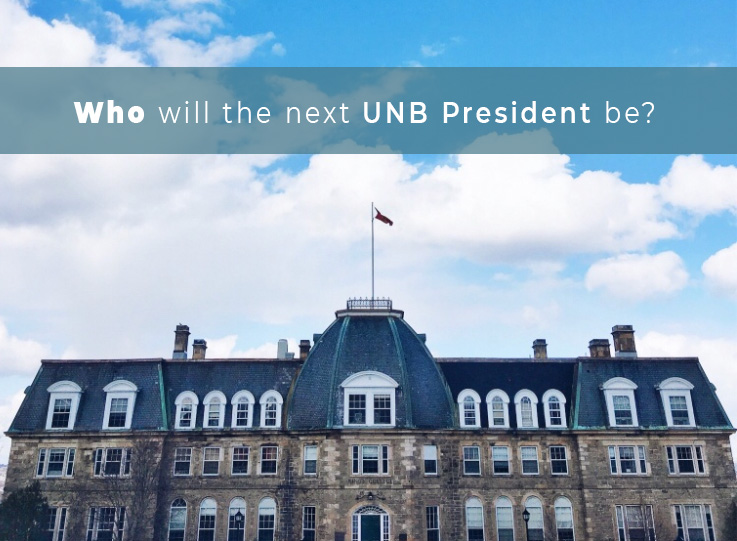Earlier today, Vice President Advocacy, Simal Qureshi, travelled to Moncton to attend an announcement made by The Honourable Roger Melanson, the Minister of Postsecondary Education regarding a five million dollar investment in experiential learning. This funding includes the establishment of the Student Experiential Learning Fund (SELF), which stems from over two years of work by the New Brunswick Student Alliance (NBSA). The SELF will be launched in the fall of 2018, and will be accessible to all students in New Brunswick.
The UNB Student Union is one of the four member schools of the NBSA and both Simal and UNBSU President, Richard Du, serve on the Board of Directors with the Alliance. This student organization represents over 12, 000 post-secondary students and focuses its efforts on creating an affordable and accessible post-secondary experience for students in New Brunswick based on policy development and advocacy work.
In addition to her role with the NBSA, Simal is also a part of New Brunswick’s Experiential Learning Steering Committee (ELSC), which is the primary body responsible for the development of this significant investment. This committee contains representation from the provincial government, all four publicly-funded universities in the province, the private and non-profit business sectors, and students. The ELSC has worked diligently since 2016 to ensure that New Brunswick institutions can offer competitive and comprehensive experiential learning opportunities for their post-secondary students.
In 2017, the NBSA approached the provincial government to discuss the creation of a student funding model that would be beneficial for students across all disciplines as often times, the majority of existing learning opportunities are within STEM and business programs. However, the commitment announced today will enable students to tailor experiential learning opportunities around their own unique field of study.
Experiential learning fosters creativity and growth, and has proven to promote on-the-job skills development, leading to an overwhelming positive impact on job acquisition upon graduation.
The SELF will reduce financial and quantitative barriers preventing access to experiential education opportunities. Any students wishing to pursue experiential learning opportunities in their academic discipline will be eligible to apply for up to $10,000 per annum in funding to cover the costs of travel, living, and material support.
In addition to the SELF, the $5 million investment also includes $500, 000 in targeted funding for Indigenous learners, and funding to cover the costs of mandatory work-placements in education, nursing, and nutrition programs.
Ultimately, this funding for experiential learning is inclusive as it ensures that students from a variety of fields and diverse academic backgrounds have access and can benefit from experiential education opportunities.
For more information on the NBSA and the Student Experiential Learning Fund, please visit nbsa-aenb.ca. If you have any questions, please do not hesitate to contact Simal Qureshi at advocacy@unbsu.ca.














